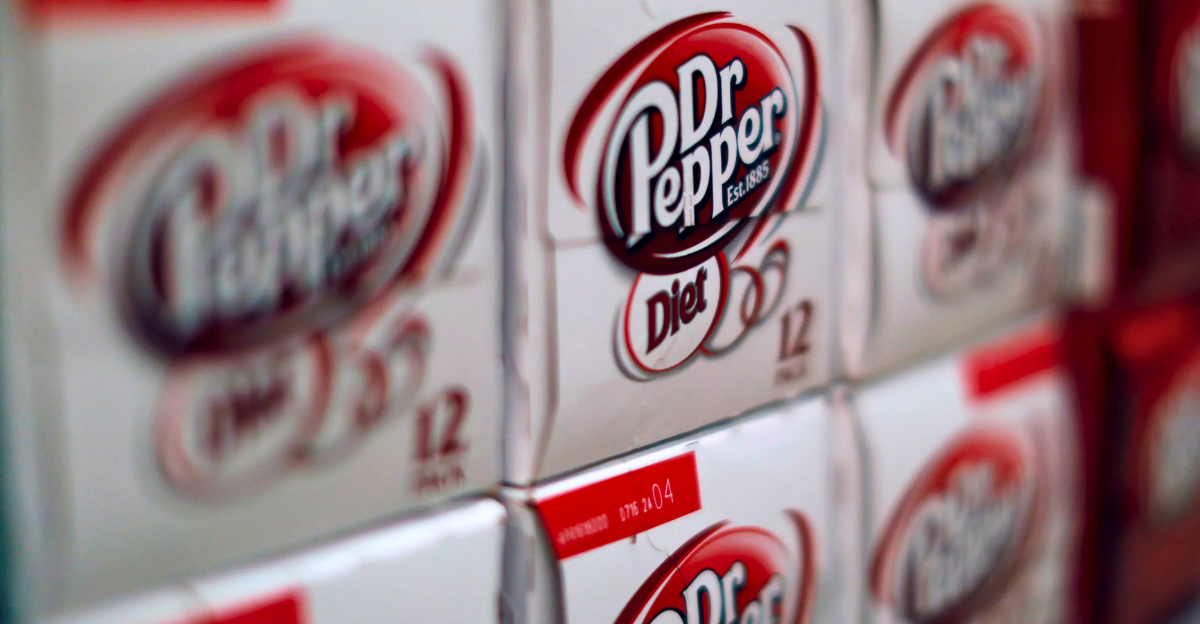
Consider picking up your usual “zero sugar” soda, content with the messaging on the packaging, firmly believing you are doing what’s healthy for your body. Now consider that a product labeled “zero sugar” could be covertly filled with sugar, endangering millions relying on food labeling.
In June 2025, the Dr. Pepper & Snapple Company was notified that their “zero sugar” product contained full-sugar soda after testing, leading to the recall of an astounding 230,436 cans across three states. It could be fatal for people with diabetes who are keeping an eye on their blood sugar levels.
What Went Wrong In The Recall?
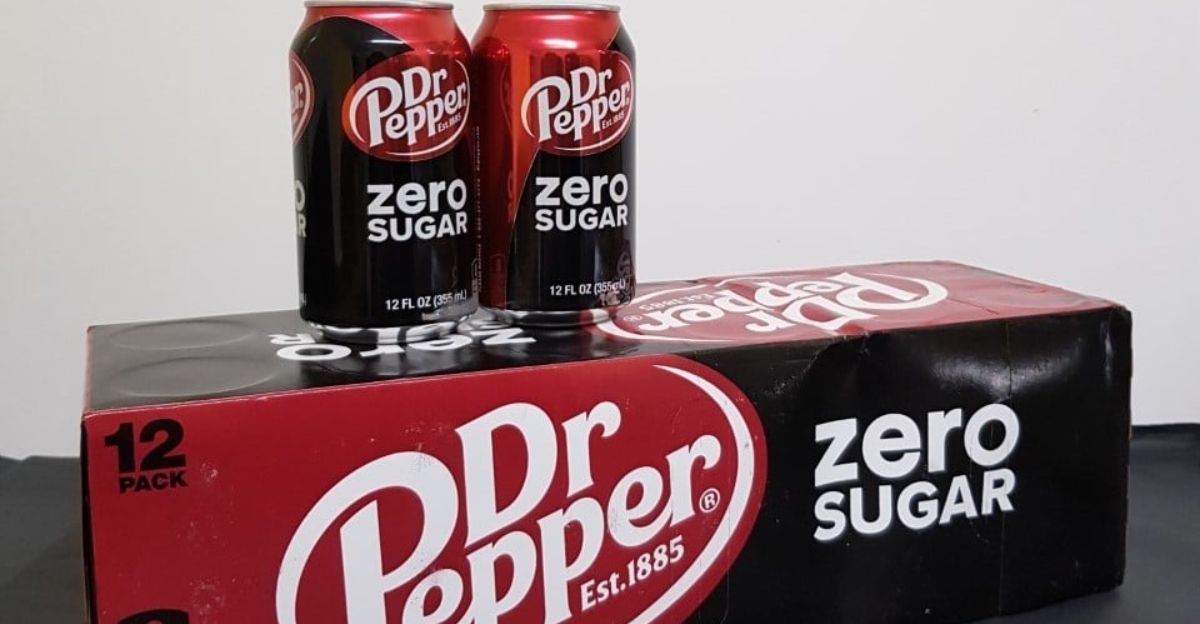
Dr. Pepper Zero Sugar 12- and 24-pack cans with the product code XXXXRS05165 and a “best by” date of February 16, 2026, that are distributed in Florida, Georgia, and South Carolina are included in the recall, mislabelling of cans because they contain regular Dr. Pepper, which has 39 grams of sugar per can enough to raise blood sugar levels in vulnerable consumers, instead of a sugar-free beverage.
This contamination case originated from a Jacksonville, Florida facility, exemplifying how a single point in the production process could turn into a multi-state public health dilemma.
The Serious Impact Of Sugar Mislabelling On Health

Most consumers would view an overdose of sugar only as extra calories. To people with diabetes, though, the inaccurate labeling results in hyperglycemia, bringing on symptoms that range from blurry vision to excessive thirst, with, in severe cases, hospitalization.
The FDA classifies the recall as Class II: a product that may cause temporary or medically reversible adverse health effects with a low likelihood. Even that “low probability” is of little solace to those whose health depends on accurate nutritional information.
How Labeling Errors Continue To Threaten Food Safety

The incident is not isolated. Food recalls because of labeling errors, specifically those involving allergens or sugar, are frighteningly familiar. That same month, 1.7 million eggs were recalled due to the potential for salmonella danger, highlighting that even large, leading brands can fail.
The Dr. Pepper example shows that it pays to be stringent about quality control, too. A simple mistake, either through a misprinted label or an ingredient substitution, can have severe ramifications, particularly for people with specific dietary disorders.
Consequences Of Brands Breaching Trust With Consumers
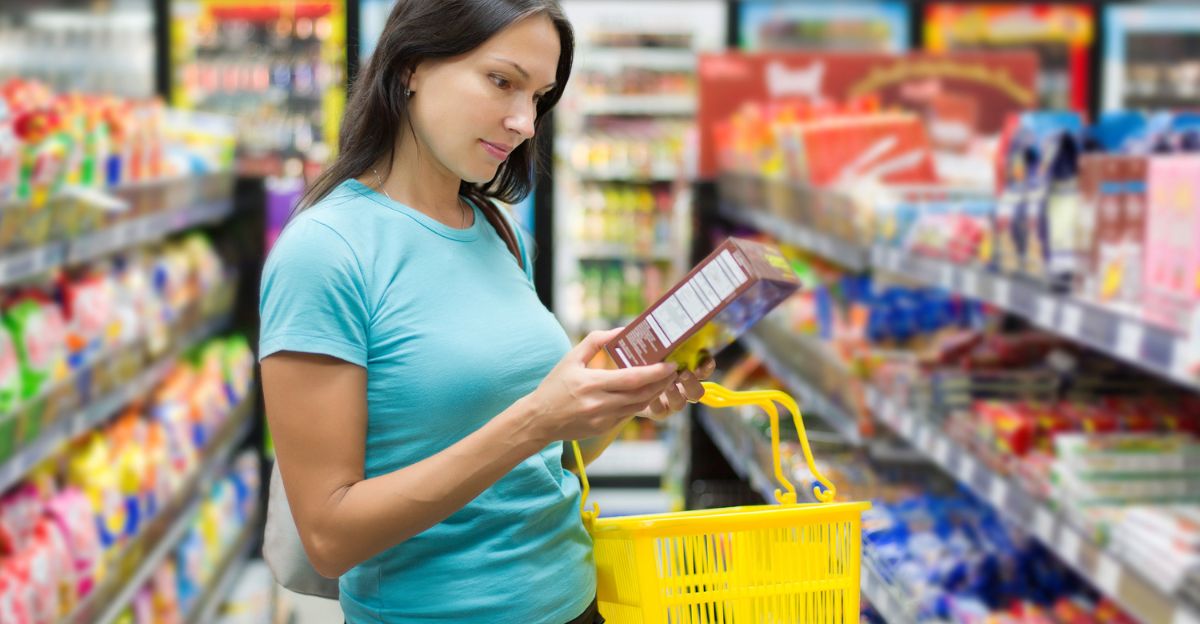
Consumers are expecting brands to deliver as promised and protect them. If a product labeled “zero sugar” is later proven false, it is much more than a technical mistake; it violates implied psychological contracts. When brands break trust, they undermine their reputation beyond repair.
Lead customers to defect, and even outrage the public, especially when health is involved. Dr. Pepper’s recall shows how quickly a brand can lose equity when it breaks trust.
Evaluating The Strength Of The Regulatory System
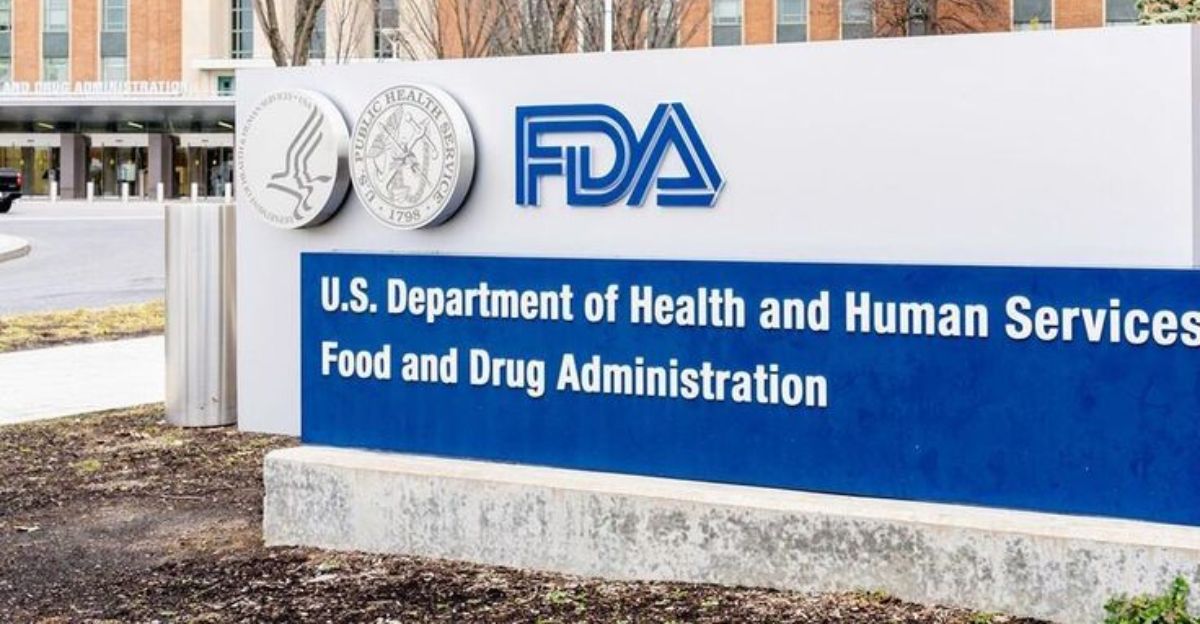
The FDA’s prompt upgrading of the recall to Class II indicates regulatory vigilance but also raises questions: Are supply chain audits and inspection protocols now sufficient to catch such errors before products are on shelves?
Even a minor lapse can become a public health debacle in a complex, multi-state distribution era. This recall may also call for more vigilant oversight and disclosure practices for beverage manufacturers.
Effect On The Diabetic Community

In addition to the immediate health implications, this event may have a chilling effect on the diabetic community’s trust in “diet” or “zero” products.
Should faith in labeling be lost, consumers may boycott these products altogether, complicating dietary management and potentially leading to worse health outcomes. It would also create demand for independent, third-party testing of sugar-free products, new industry standards, and market opportunities.
How Third-Order Effects Lead To Wider Industry Disruption
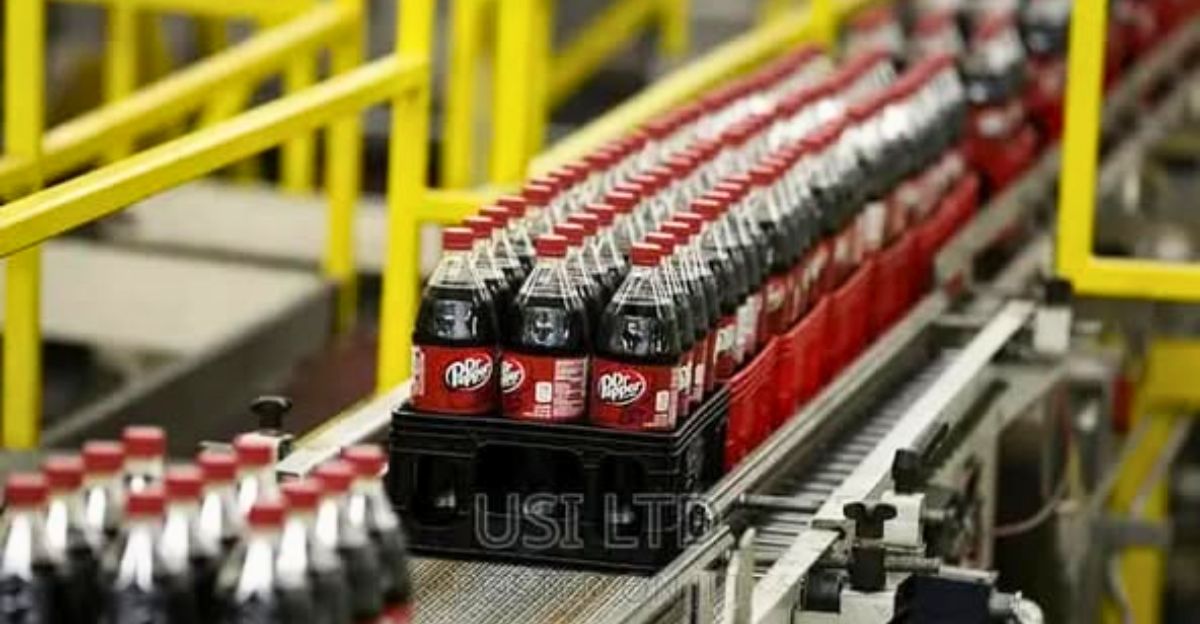
The ripple effects of the recall will extend beyond Dr. Pepper. Competitors will likely review their quality controls, and retailers may ask for increased supplier assurances. In addition to class-action lawsuits, insurers may raise premiums for beverage manufacturers.
It might hasten the adoption of digital tracking systems, like blockchain, for managing recalls and verifying ingredients, thereby changing the beverage industry’s perspective on safety and openness.
Is Positive Change Possible From This Crisis?
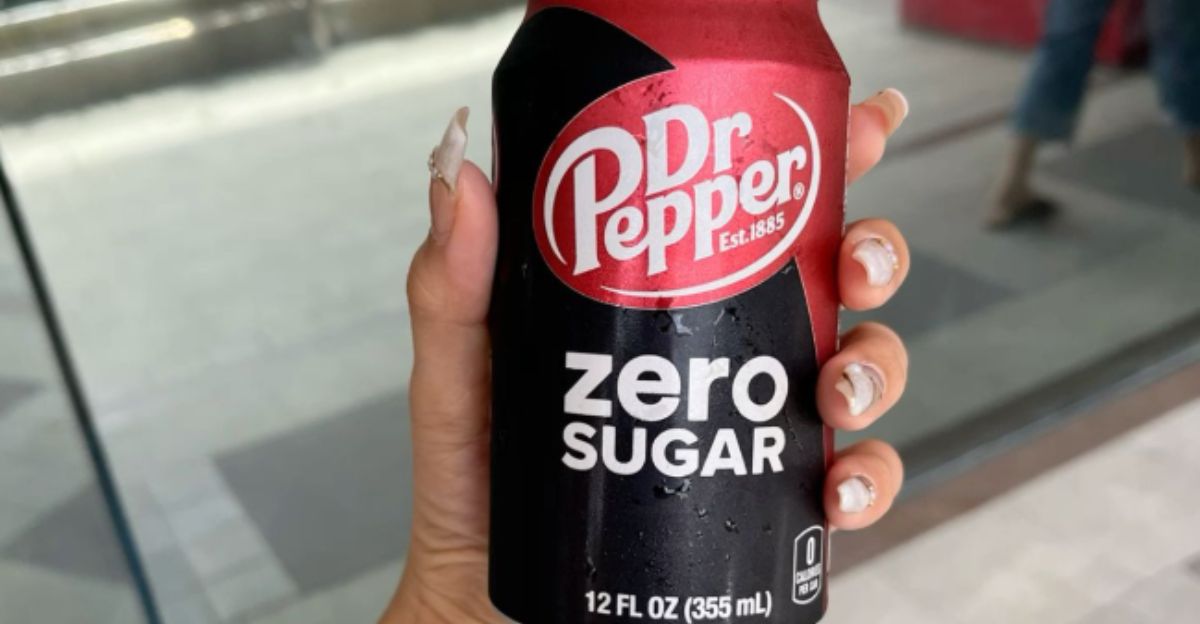
Others argue that recalls, while damaging, are a sign of a working safety net. Public exposure of such errors forces brands to fix weaknesses, invest in better systems, and raise industry standards.
The Dr. Pepper recall has the potential to significantly alter food safety, label transparency, and consumer activism if stakeholders see it as a teaching opportunity rather than a liability.
Analyzing The Conclusions, Repercussions, and Prospects For The Future
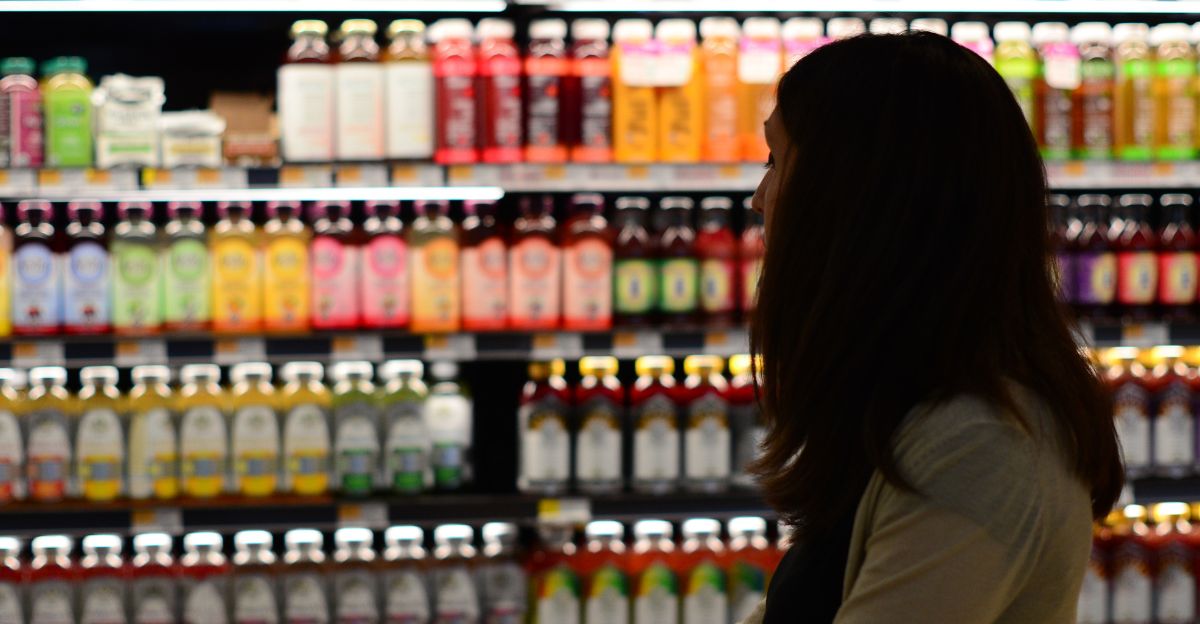
The Dr. Pepper recall is a sobering reminder that food and drink products must always be accurate. Brands must prioritize transparency, quality assurance, and agility as consumers’ demands for quality increase and health risks become more apparent.
Additionally, regulators must stay current and use data and technology to identify mistakes before they become tragedies.. Ultimately, this incident should catalyze systemic change, ensuring that the trust consumers place in a simple can of soda is never misplaced again.
Discover more trending stories and Follow us to keep inspiration flowing to your feed!

Craving more home and lifestyle inspiration? Hit Follow to keep the creativity flowing, and let us know your thoughts in the comments below!
